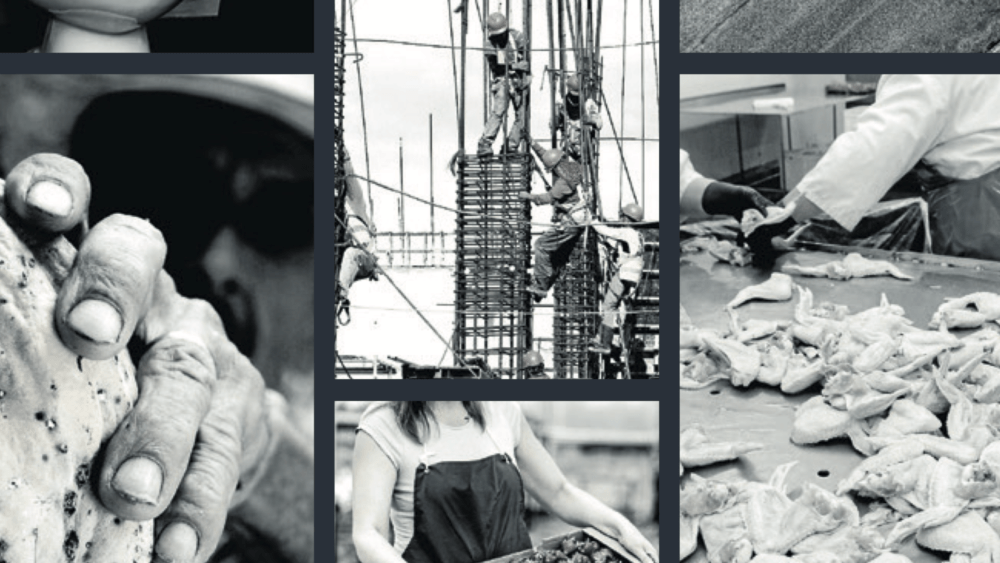Pressure on federal government as NSW gets anti-slavery bill across the line
The bolstered Modern Slavery Amendment Act passed the NSW parliament yesterday and will come into effect from 1 January next year, in a victory for sustained advocacy over the past three years by faith leaders, NGOs and International Justice Mission (IJM) Australia.
(IJM) Australia CEO Steve Baird welcomed the strengthened provisions in the legislation which include a truly independent Anti-Slavery Commissioner and covering local councils and state-owned corporations are covered in the state’s modern slavery regime. He said it was also encouraging to see all political parties come together to get the bill signed into law.
“This is a positive step forward in ensuring that NSW is addressing the scourge of modern slavery, which we know is in our supply chains and contributing to everyday items on the self,” Baird said.
While it was disappointing that the government had retreated from the strength of its initial commitment in the original 2018 bill, Baird says Premier Dominic Perrottet had “redeemed his government by ensuring key measures have been included.”
“The law now establishes a strong Anti-Slavery Commissioner, who is properly resourced and truly independent of government – a tough cop on the beat, educating business and shining a light on this issue.
“Importantly, the new law also ensures that local governments and state-owned corporations are covered by any NSW modern slavery regime.
“With spending power totalling $12 billion every year funded by local ratepayers, the last thing the community wants is their local council buying products tainted by slavery.”
“This is not some faraway issue. This is in our backyard.” – Steven Baird
IJM Australia also welcomed the NSW government’s commitment to lead the way in pushing the federal government to lower the federal reporting threshold and strengthen the national modern slavery regime.
“This is not some faraway issue. This is in our backyard and businesses selling in Australia end up profiting from it. But it doesn’t have to be this way and the NSW Government’s modern slavery regime is a step in the right direction,” Baird said.
“Now the focus turns to the federal government and its wet lettuce approach to tackling this issue. Under the federal regime, companies with annual consolidated revenue of at least $100 million have to report on their supply chains, but even if they have questionable supply chain practices there are no penalties and little regulatory oversight – this must change.
“We welcome the NSW government’s commitment to lead the charge on this important next step.”
The latest data from SD Strategies, which analysed 36,000 supply chains to 60 Australian businesses, found 48 per cent were potentially at ‘high risk’ for modern slavery, highlighting the importance of a strong legislative response.
Of the 1,000 goods and services analysed, 82 per cent were likely to have been produced by people in slavery at some point in the supply chain – in other words, eight in every ten products on the shelf.
Email This Story
Why not send this to a friend?


